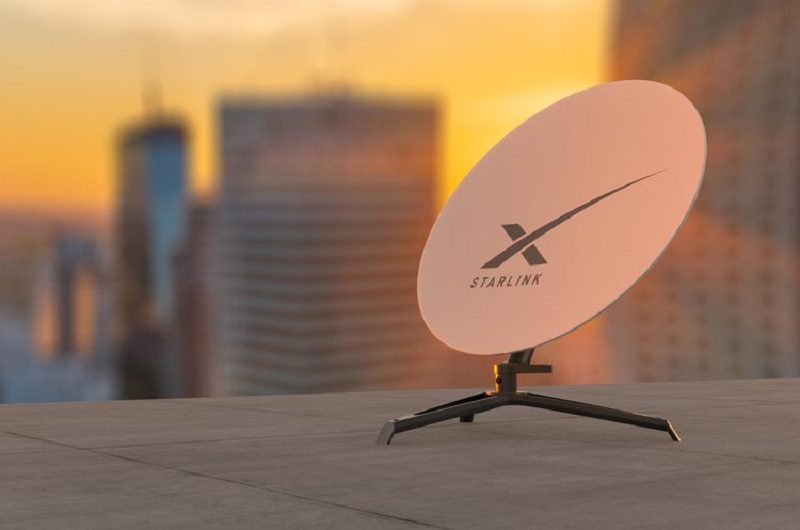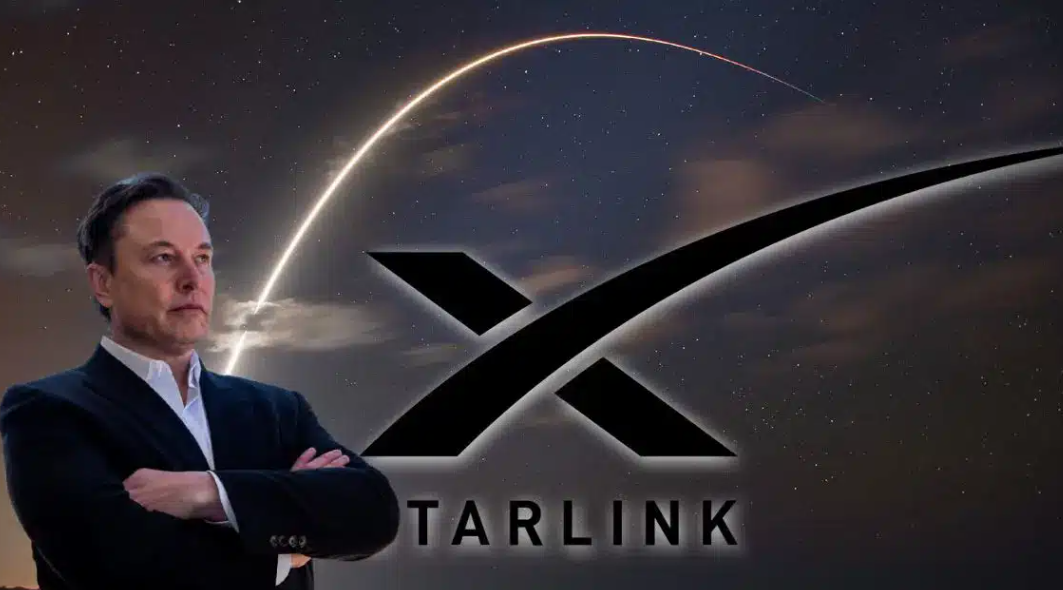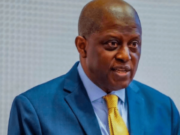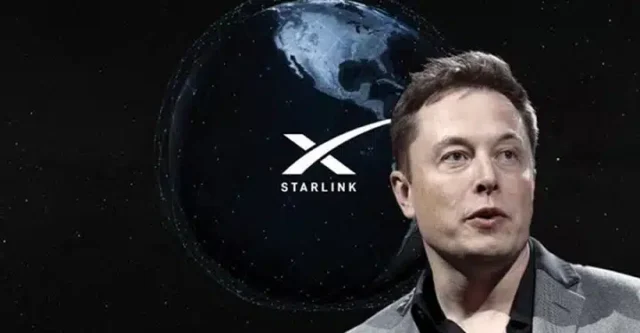South Africa, renowned as the richest economy on the African continent, is considering a pivotal revision to its Black Economic Empowerment (BEE) legislation—a move that could pave the way for Elon Musk’s satellite internet provider, Starlink, to begin operations without relinquishing ownership.
The Department of Communications and Digital Technologies is currently reviewing over 19,000 public submissions on a draft proposal that would allow foreign tech firms to fulfil BEE obligations not through a mandatory 30% Black ownership but via equity-equivalent initiatives—programmes focused on promoting infrastructure development, digital inclusion, local research, and skills training, according to Business Insider Africa.
Minister Solly Malatsi emphasised the urgency of the exercise, saying the government must act swiftly, consider public sentiment, and then engage the Independent Communications Authority of South Africa (ICASA) to finalise a decision.
Table of Contents

What the Change Entails and Why It Matters
Under current legislation, any foreign telecom operator eyeing a South African licence must meet a minimum of 30% equity held by historically disadvantaged individuals—a central provision of the BEE framework. But the proposed reform would allow companies to meet this requirement via “equity equivalence programmes”—such as funding local suppliers, investing in digital access, and supporting small business development.
This flexibility could be transformative—especially for companies like Starlink, which has resisted the equity mandate, labelling it “openly racist.” SpaceX, Starlink’s parent company, has thrown its weight behind the proposed regulatory shift.
Should such a framework be adopted, it has the potential not only to facilitate Starlink’s entry but also to open the telecom space to multiple foreign entrants, amplifying competition and possibly accelerating internet service quality—particularly in underserved and rural areas.
Controversy and Government Pushback
Naturally, the BEE rule review is stirring controversy. Political parties—most notably the Economic Freedom Fighters and Build One South Africa—are up in arms, accusing the government of bending the rules to accommodate Elon Musk’s global telecom ambitions. Critics argue that the reform may undermine the core purpose of BEE: addressing deep-seated apartheid-era inequalities.
Responding to the furore, Minister Malatsi made it clear to Parliament that no preferential treatment is being extended to Starlink or any other specific entity. He reiterated that the draft policy is about broader transformation and improved competition—not about giving a pass to one billionaire.
The timing of the proposal has also drawn scrutiny, as it followed closely after President Cyril Ramaphosa’s White House meeting with former U.S. President Donald Trump, who has previously questioned BEE policies and raised concerns about white farmers in South Africa.
Moreover, major defence of the reform came from the Association of Communications and Technology (ACT), which welcomed the change—provided the implementation is fair, transparent, and consistent, emphasising that smarter, scalable approaches can deliver meaningful transformation and restore investor confidence.
Starlink’s Position and the Broader Implications
Despite Starlink’s availability across multiple African nations—such as Namibia, Mozambique, Botswana, Zimbabwe, and others—it remains unsupported in South Africa, the very birthplace of Elon Musk.
Starlink has, however, reportedly been operating unofficially through roaming connections in South Africa since 2022, with some users accessing services despite the lack of a formal licence. In mid-2025, the company began cutting off certain roaming services in the country, signalling intensifying regulatory scrutiny.
Analysts note that if South Africa relents and permits Starlink to operate under new equity-equivalent terms, it could spark a wider shift across the continent—signalling increased willingness among regulators to accommodate non-traditional compliance pathways.
Yet there’s genuine concern among advocates that such a move could dilute the transformative power of BEE and weaken regulatory integrity. The balance between opening markets and preserving socio-economic justice sits at a delicate crossroads.

Key Takeaways
South Africa’s potential revision of its BEE regulations to accommodate equity-equivalent programmes instead of mandatory 30% Black ownership is a bold policy pivot. It holds potential benefits—such as enabling Starlink’s entry, expanding competition, and improving rural connectivity—but it also raises serious concerns about fairness, transformation integrity, and regulatory transparency.
As the public consultation enters its final phase, the question remains whether South Africa can navigate this reform in a way that enhances access and investor confidence, while still honouring the underlying socio-economic goals of BEE.
Join Our Social Media Channels:
WhatsApp: NaijaEyes
Facebook: NaijaEyes
Twitter: NaijaEyes
Instagram: NaijaEyes
TikTok: NaijaEyes














![Mr Macaroni Drops Blistering Remark: ‘APC Filled with Most Corrupt People’ as He Slams Tinubu’s Controversial Pardon for Criminals=]] Mr Macaroni](https://naijaeyesblog.com/wp-content/uploads/2025/03/Mr-Macaroni-1-1-180x135.avif)

![Chaos Erupts in Abuja Hotel as BBNaija Star Phyna Sparks Fierce Scene Over Alleged N200,000 Dispute [VIDEO] Phyna](https://naijaeyesblog.com/wp-content/uploads/2024/11/A-Picture-of-Phyna-BBNaija-180x135.jpg)























